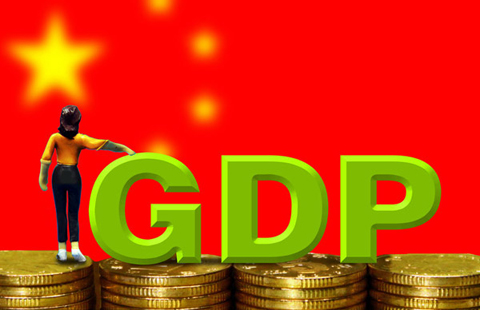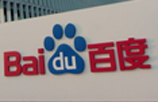Industrial profits dive in December
By CHEN JIA (China Daily) Updated: 2015-01-28 07:13Sharp drops in factory-gate prices and raw materials costs drove profits down, said He Ping, an economist at the NBS. The oil and coal industries accounted for about 80 percent of the entire industrial sector's profit decline, said He.
"But profits of consumer goods manufacturers increased 5 percent, indicating that the impetus for growth is shifting to consumption and away from the traditional investment," he added.
Fast-rising production costs also crimped profits, experts said.
The Producer Price Index has been falling for nearly three years, and the decline deepened to 3.3 percent in December, intensified by sharp recent falls in world commodity prices.
Separately, the Small and Medium-sized Enterprises Confidence Index, calculated by Standard Chartered Bank, fell in December after a mild improvement in November. The sub-index for three-month business expectations fell sharply, and fixed-asset investment and employment readings also weakened.
The findings suggest that the SME sector is likely to stay weak in the first quarter of this year, the bank said.
"Disinflationary pressure continues to build, threatening the economy," said Li Wei, a researcher at Standard Chartered. "Slowing inflation could undermine corporate profit margins and income growth. Building disinflationary pressure clearly justifies further monetary easing."
Li said that further deceleration in GDP growth is likely in the first quarter of this year, which may continue to dent investment and consumer confidence, aggravate weakness in the housing sector and worsen the employment outlook.
"We therefore think that policymakers are ready to take additional measures to stabilize the economy in 2015. We expect the People's Bank of China to cut benchmark interest rates in the first three months, as policymakers have acknowledged high financing costs in the real economy."
- Annual bonuses vary by occupations, locations
- China's foreign service trade deficit grows
- Chinese online sellers' Paypal accounts frozen
- China's information consumption continues to grow
- Brazil-China trade will continue to flourish in 2015
- China sets industrial output target at 8% for 2015
- Mexico to reveal rail bid winner in July
- Hard-working hands behind high-rise skyscraper
















